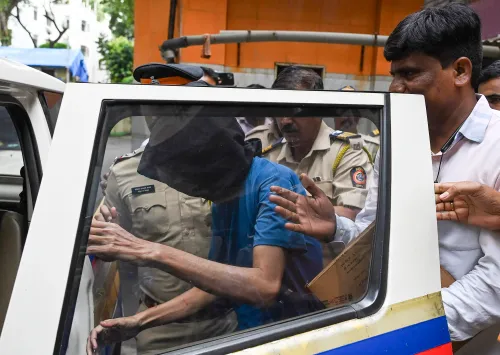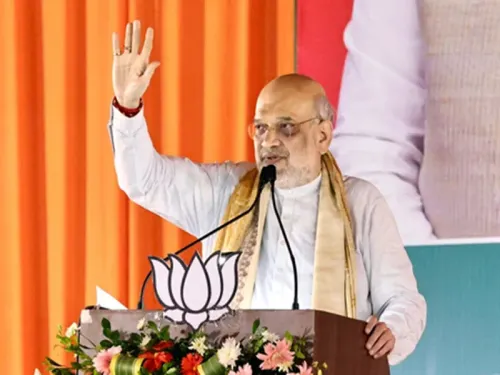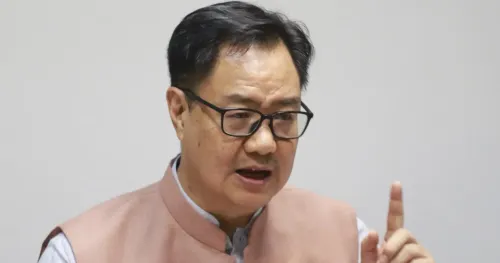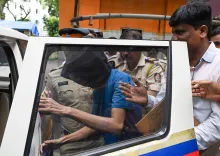Has the Delhi Government Lifted the Ban on EWS Certificates?
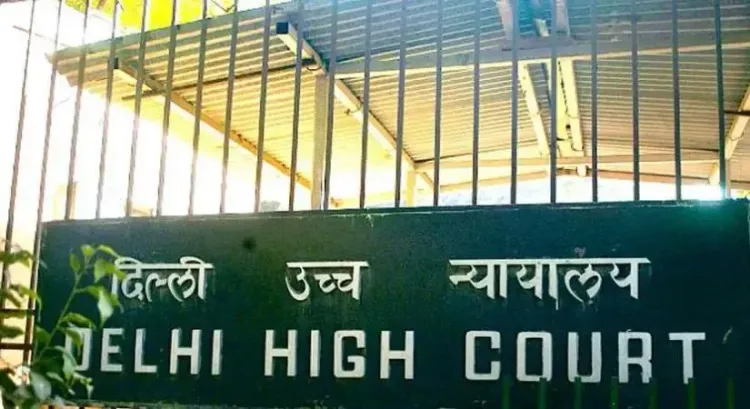
Synopsis
Key Takeaways
- Delhi government lifts ban on EWS certificates.
- Petitioner allowed to apply for APP position without EWS certificate temporarily.
- The court emphasizes the need for valid legal basis for directives.
- Constitutional rights under Articles 14, 16, 19(1)(g), and 21 are highlighted.
- The directive's halt was claimed to address misuse concerns.
New Delhi, April 28 (NationPress) The local administration announced on Monday to the Delhi High Court that it has removed the prohibition on issuing Economically Weaker Sections (EWS) certificates within the national capital.
This declaration was made before a bench led by Justice Sachin Datta, responding to a petition that challenged the Delhi government's order halting the issuance of all EWS certificates indefinitely.
The petitioner expressed that this controversial decision hindered his ability to apply for the advertised position of Assistant Public Prosecutor (APP) by the Union Public Service Commission (UPSC).
According to the job advertisement, the UPSC has allocated six out of 66 openings for the APP role specifically for EWS candidates.
In a relief to the petitioner, the Delhi High Court permitted him to partake in the recruitment process temporarily without an EWS certificate, considering that the deadline for application submission is May 1.
Justice Datta clarified that the petitioner must present his EWS certificate at the appropriate time, as stated by advocate Ashu Bidhuri.
The petition argued that following a meeting on April 9, the Delhi government issued a directive to suspend the issuance of all EWS certificates indefinitely, claiming it was due to concerns over misuse or irregularities, yet without any legal foundation or transparent procedure.
Consequently, the petitioner and other legitimate applicants for the Assistant Public Prosecutor position are being denied access to a constitutional benefit protected under Articles 15(6) and 16(6) of the Constitution, the petition highlighted.
The petition further stated, "The challenged directive, which lacks any formal legal authority, effectively imposes a blanket ban on a welfare initiative established by Parliament, thus breaching the constitutional principle of separation of powers. It represents executive overreach, undermines the intent of the Constitution (One Hundred and Third Amendment) Act, 2019, and violates the petitioner's rights under Articles 14, 16, 19(1)(g), and 21 of the Constitution."
The petitioner requested the court to annul the executive directive that halts the issuance of EWS certificates and to instruct the relevant authorities to issue a valid EWS certificate promptly, allowing him to apply for the reserved position.


